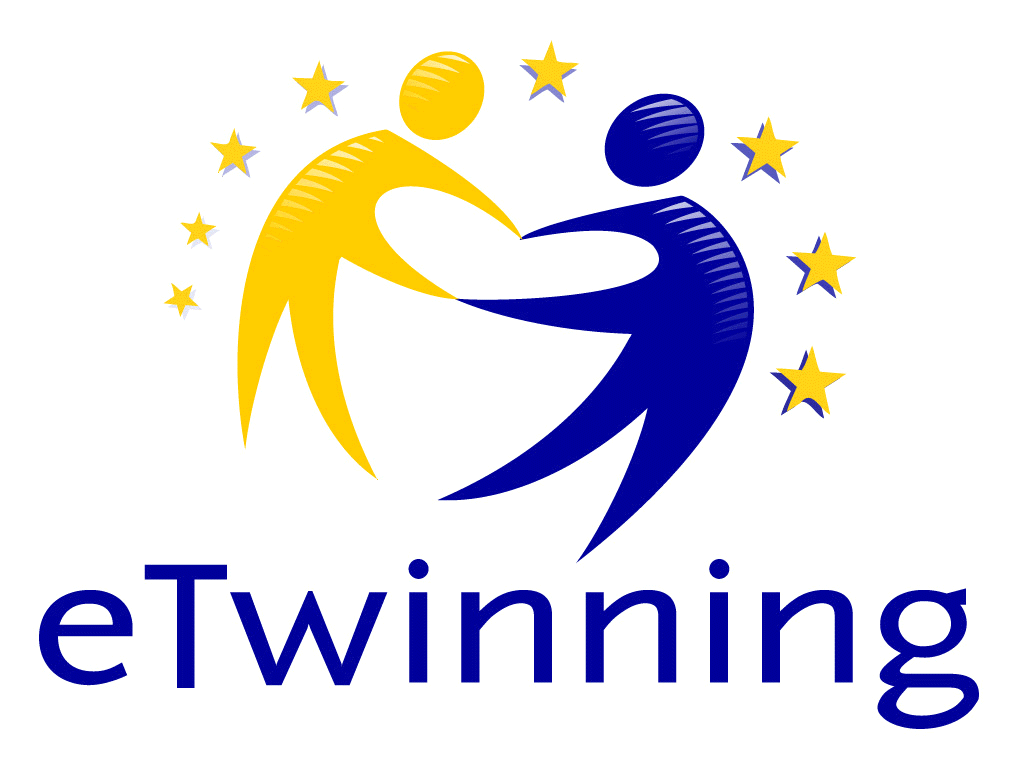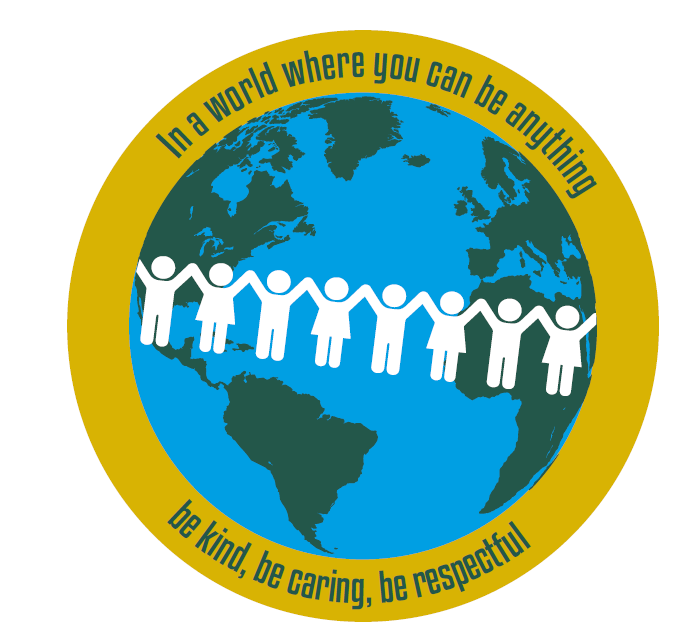Introduction
 Our aim is to encourage pupils to develop a love for Spain - its language and culture, and to use it as a means of communication whenever possible.
Our aim is to encourage pupils to develop a love for Spain - its language and culture, and to use it as a means of communication whenever possible.
The Spanish Club
The department has a thriving Year 8 Spanish Club. Activities are led by the Language Assistant and one of the Spanish teachers. This is an excellent opportunity for the pupils to have fun through the target language by taking part in Spanish games, quizzes, activities and build on the vocabulary that they have learned in the classroom.
KS3 Spanish
In Key Stage 3 Spanish, pupils develop reading, writing, speaking and listening skills. They learn to talk about themselves and the world around them.
From the beginning of Year 8, pupils are exposed to the Target Language and encouraged to use it naturally. Greetings, prayers and simple classroom instructions are introduced immediately and Spanish is used as much as possible.
The aim of the Key Stage 3 course is to teach pupils about Spain and its culture as well as the Spanish language. Pupils have access to a wide variety of resources such as text books, CDs, videos, computers, and Spanish websites. Authentic resources e.g. menus, leaflets etc are used regularly in order to make the Spanish experience as real as possible.
GCSE Spanish
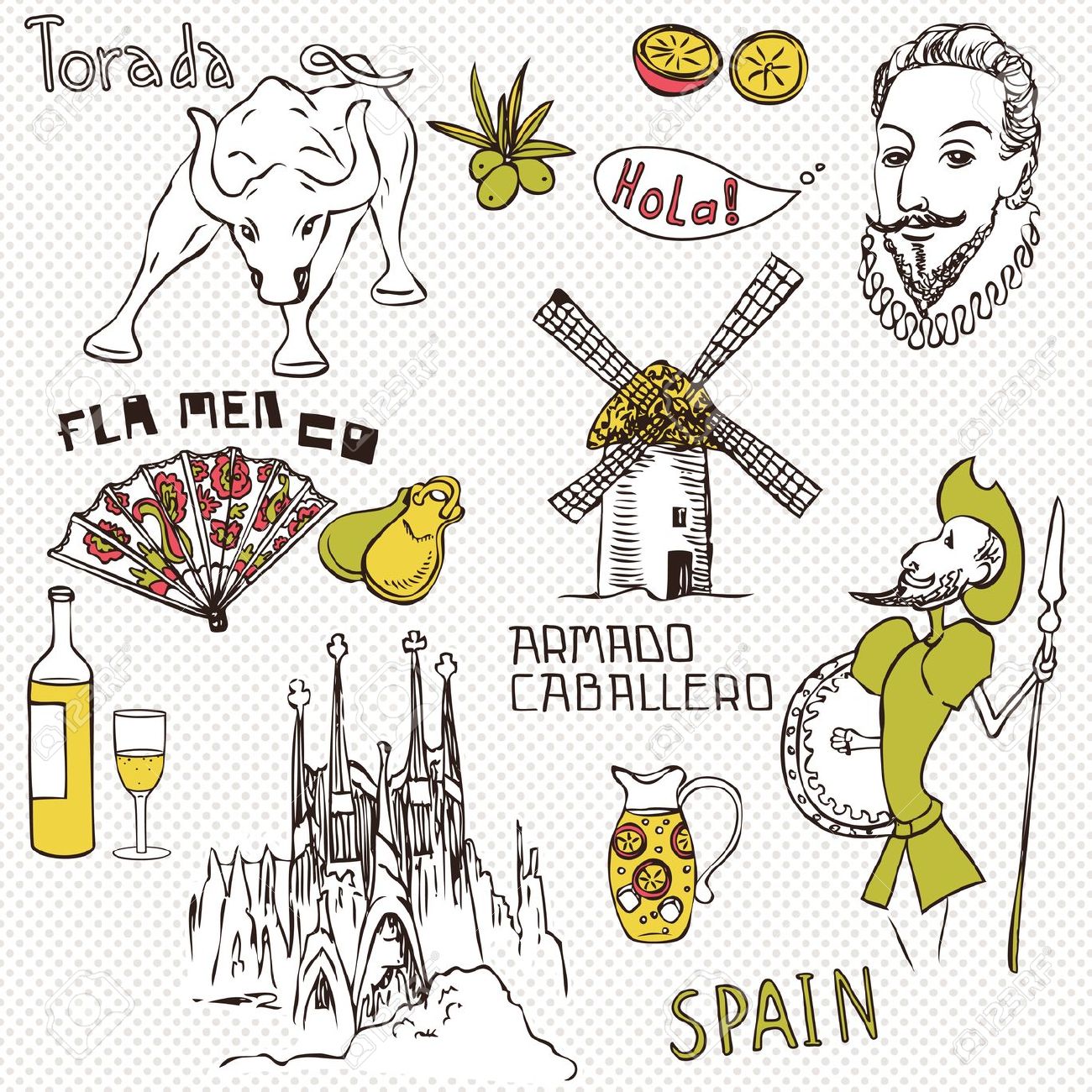 The CCEA Programme of Study is followed at GCSE level. In Key Stage 4 Spanish, pupils further develop their reading, writing, speaking and listening skills. They build on their previous studies and learn about each topic in more detail. They learn how to express themselves more freely and give more opinions on their likes and dislikes, thoughts and feelings. Pupils are provided with more real life situations (role plays) so that they would be able to confidently ask for information, directions, assistance or have a regular conversation in Spanish
The CCEA Programme of Study is followed at GCSE level. In Key Stage 4 Spanish, pupils further develop their reading, writing, speaking and listening skills. They build on their previous studies and learn about each topic in more detail. They learn how to express themselves more freely and give more opinions on their likes and dislikes, thoughts and feelings. Pupils are provided with more real life situations (role plays) so that they would be able to confidently ask for information, directions, assistance or have a regular conversation in Spanish
They also study careers, the world of work and future aspirations which ties in with the decisions that they make in Year 12 about their future areas of study.
Pupils have access to a wide range of resources including text books, CDs, DVDs, computers (language learning programmes and Spanish websites) and magazines.
AS & A2 Level Spanish
The study of Spanish to advanced level enables pupils to achieve oral and written proficiency in the language. It also allows them to gain a cultural understanding of the countries/ communities where Spanish is spoken. During Years 13 and 14, pupils have regular conversation classes with the Spanish assistant. Pupils are taught in the language, whenever possible, and have access to authentic resources such as Spanish magazines. In the Sixth-Form, pupils are taken to Language Conferences held at the University to enhance their language learning and academic performance, as well as to gain an understanding of the opportunities that languages can offer in the future.
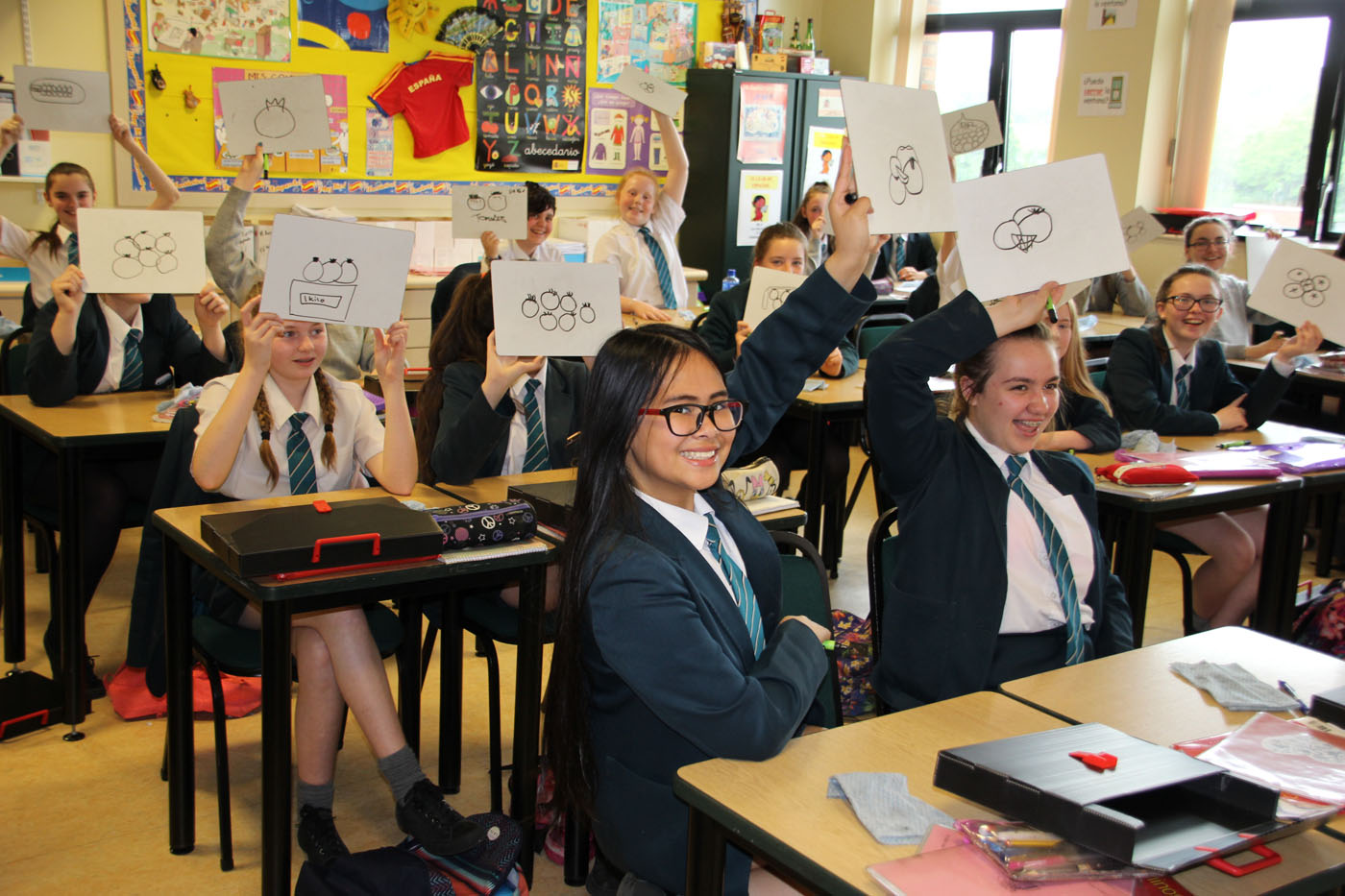 AS TOPICS
AS TOPICS
Relationships
- Different family structures
- Roles, responsibilities and relationships within families
- Challenges for families
- Intergenerational issues
- Influences on young people, for example, peers, family and friends
Culture and Lifestyle
- Physical well-being, for example, diet or exercise
- Risk-taking behaviour, for example smoking, alcohol and drugs or extreme sports
- Dealing with stress and challenges, for example, school examinations
- Hobbies and interests, for example sport or music
- The arts, film, fashion and design
- Social media and new technology
- Holidays, festivals and tourism
A study of the film "Solas"
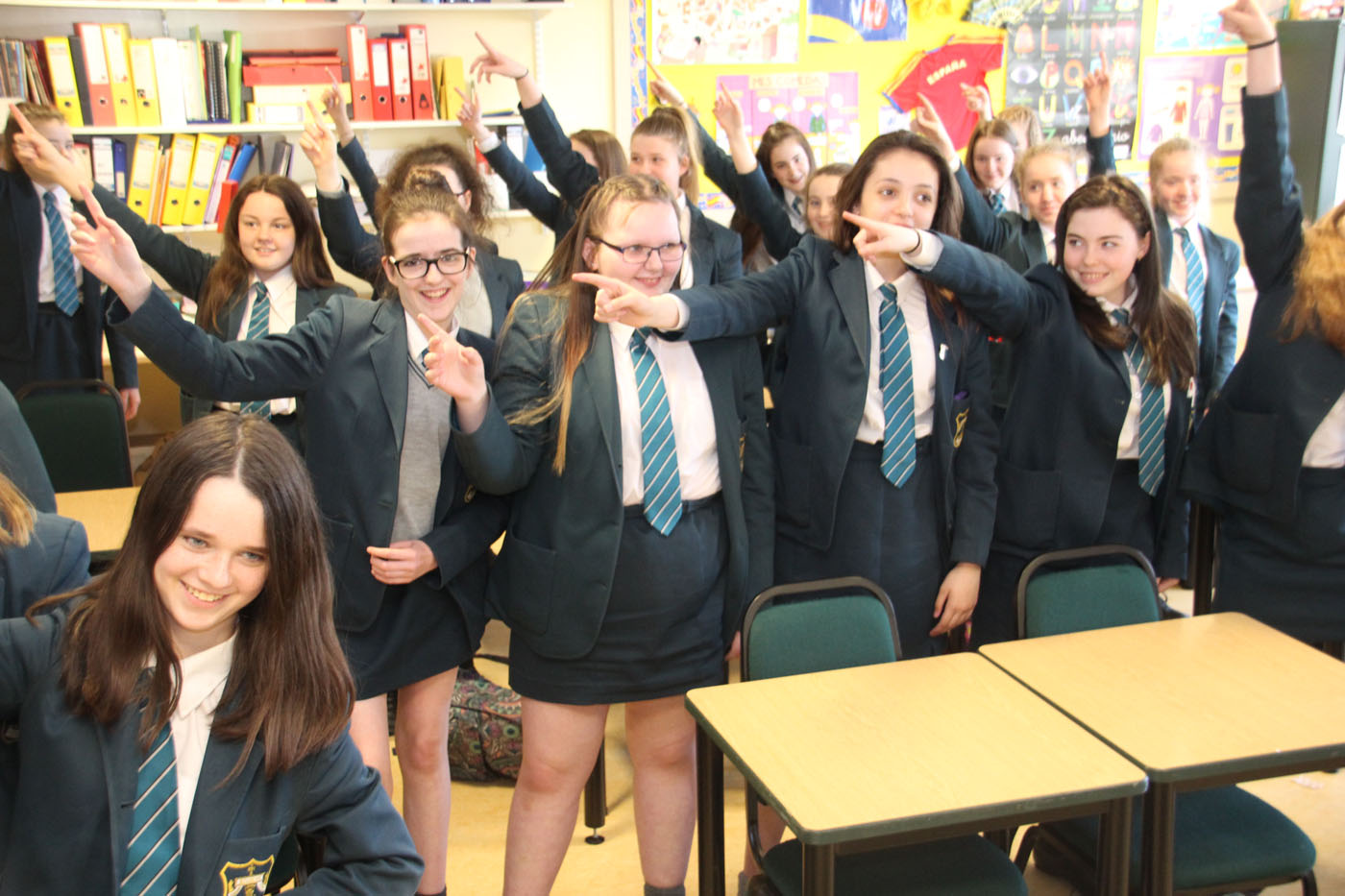 A2 TOPICS
A2 TOPICS
Young People and Society
- Part-time jobs
- Education and employment
- Career planning - aspirations and/or intentions
- Young people and democracy
- European citizenship - advantages, disadvantages and opportunities
- Societal attitudes and young people
Our Place in a Changing World
- Equality/ inequality and discrimination/ prejudice
- Poverty at home and abroad - causes, consequences and measures to combat it
- Immigration and emigration - causes, benefits and related issues
- Multicultural society and cultural identity - benefits and challenges
- Causes, consequences and resolution of conflict
- Sustainable living and environmental issues
Literature
- A study of "Requiem por un campesino español"


